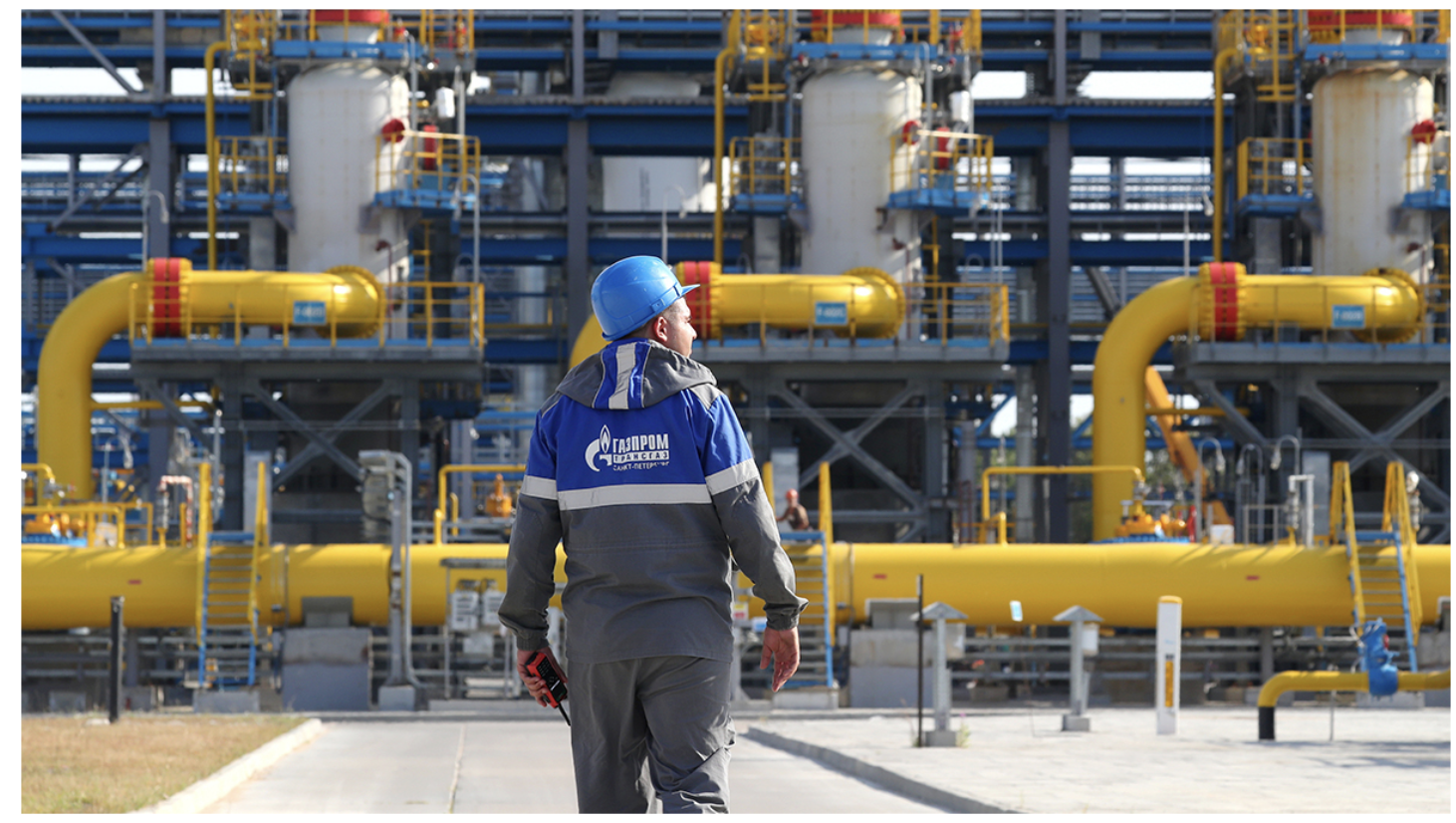On March 16, 2023, French President Emmanuel Macron invoked Article 49.3 of the French Constitution to raise France’s retirement age. Macron did so over the objections of Parliament and a large percentage of the population. The move prompted a political crisis in France that may have major repercussions, but Macron is prioritizing fiscal discipline over popularity. Macron’s use of provision 49.3 allowed him to force through his pension plan, but it provoked a no-confidence vote that could have facilitated premature parliamentary elections.
A Crumbling Consensus
Comfortable, long retirements have been the expectation in France for decades. In the 1960s, there were more than four French workers for every retiree. By 2020, there were fewer than two French workers for every retiree. That figure is projected to continue falling throughout the 2020s as this French demographic crisis that afflicts most of the developed world worsens. Macron’s pension reform plan, which raises the retirement age from 62 to 64 years, intends to deal with that demographic crisis. France spends 14.5% of its GDP on pensions, compared to only 10.4% in Germany or 7.5% in the United States. According to the Organization for Economic Cooperation and Development (OECD), France’s net pension replacement rate — which measures how effectively retirement income replaces prior earnings — is the highest in the OECD, a club of rich nations, at 74%. Those bountiful retirement benefits come at the cost of an underfunded pension system. France already has the second highest tax-to-GDP ratio in the OECD at 45.4%, so increased tax rates are an unlikely solution to the pension deficit. Even Macron’s ambitious reform plan is projected to offer only fiscal relief, with the French pension system still expected to become insolvent by the 2030s.
Macron, a self-identified “centrist liberal” who has long been dubbed the “president of the very rich” by his political opponents, is a former investment banker who generally favors fiscal responsibility and the free market. In 2019, Macron proposed a similar pension reform plan that provided bonuses for people who worked until 64 and penalties for those who retired earlier. French labor unions and people responded to the 2019 plan with widespread strikes before the onset of the COVID-19 pandemic required Macron to postpone his plans. In 2022, partially running on pension reform, Macron became the first incumbent French president to be reelected since Jacques Chirac in 2002. The 2022 French legislative elections, however, denied Macron a broad mandate by failing to grant the incumbent president an absolute majority in Parliament for the first time since 1997. Macron’s centrist and liberal Renaissance party lost many seats in Parliament to the left-wing populist La France Insoumise and right-wing National Rally parties. Macron’s invocation of Article 49.3 to push through his pension plan may provide political opportunities to both parties.
Looking Ahead
Macron made his controversial decision from the Élysée Palace mere moments before the unsupportive National Assembly was due to vote on the pension proposal. The use of provision 49.3 is not unprecedented, as previous politicians such as Socialist Michel Rocard invoked the article dozens of times. The government’s price for using Article 49.3 to push through legislation is that opposition parties may call a no-confidence motion within 24 hours. Marine Le Pen, the National Rally leader, did just that. Both no-confidence motions failed on March 20, meaning that Macron will retain control of the government and his unpopular pension reform plan will become law. With widespread opposition in the conservative and progressive parties and waning support in centrist parties, Macron could have been forced to dissolve Parliament and hold new parliamentary elections less than one year into the National Assembly’s five-year term. With civil unrest and opposition to pension reform at its current peak, new elections could easily have provided an electoral mandate for Le Pen’s nationalist-populist National Rally or NUPES, the alliance of left-wing parties.
In the meantime, the ongoing demonstrations and general strikes against pension reform have intensified and are unlikely to abate. More than one million people have taken to the streets in Paris and other areas of the country, reluctant to see the era of early, well-funded retirement end. Macron may maintain a broad enough coalition to keep his government intact. Should he fail to do so, a political realignment in France away from Macron’s “Third Way” could be on the horizon.








.svg)